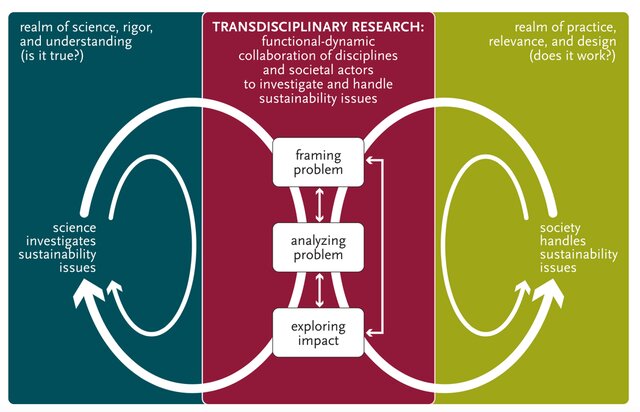While in my first contribution to this Advent Calendar series, in the second I have decided to comment in an aspect that, in my view, should shape the future of our research during the incoming 2024. That is, the importance of interdisciplinary approaches in biological sciences (and not only).
Traditionally, scientific knowledge has been compartmentalized into distinct disciplines, each with its specialized focus and methodologies. However, as the complexity of global challenges intensifies, there is a growing recognition that these issues are often intricately interconnected, transcending the boundaries of individual fields. Transdisciplinarity involves the collaboration and integration of knowledge from multiple points of view, an approach that allow us to address complex problems that cannot be adequately solved within the confines of a single view.
One of the primary advantages of transdisciplinarity is its ability to foster interesting interpersonal connections between different research fields. By breaking down the silos between disciplines, we can gain a more comprehensive view of complex phenomena. This interconnected perspective enables scientists to uncover hidden patterns, identify synergies, and reveal underlying mechanisms that may remain obscured when viewed through a single lens.
Moreover, transdisciplinarity promotes innovation (the convergence of ideas and methodologies from different fields often leads to novel solutions and approaches) while enhancing the relevance and applicability of scientific research. This is particularly crucial in addressing biological issues where the integration of scientific knowledge with social, economic, and cultural considerations is essential.
Embracing transdisciplinarity requires a shift in mindset within the scientific community. It calls for openness to diverse perspectives, effective communication across disciplines, and a willingness to venture beyond the comfort zones of traditional academic boundaries. For doing so, institutions and funding agencies should play a crucial role by supporting and incentivizing a transversal research, recognizing it as a key driver for tackling the complex challenges of our time.
In conclusion, transdisciplinarity stands as a powerful paradigm for advancing scientific understanding and addressing the multifaceted challenges facing our world. In turn, such and effort will ultimately help us to construct a better world.
Hoping that the new year will bring all of us towards successful collaborations.
With best wishes,
Alberto

Figure extracted from: Pohl, C., Klein, J. T., Hoffmann, S., Mitchell, C., & Fam, D. (2021). Conceptualising transdisciplinary integration as a multidimensional interactive process. Environmental Science & Policy, 118, 18-26.
![]()
